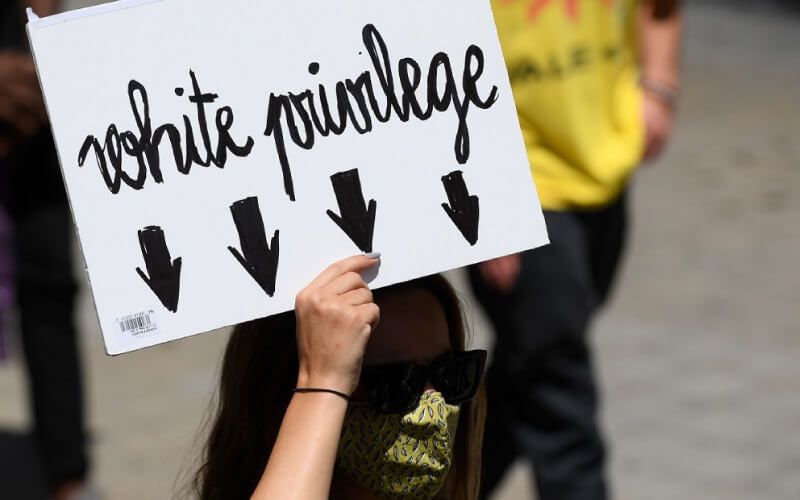For example, the global sporting structure is controlled by white managers in the West. The major popular sports – football, rugby, baseball, golf, basketball and tennis – have been exported from the West to the rest of the world and are largely dominated by Western countries. Even if non-Western players are now capable of joining the elite ranks of sports, the rule-making bodies are Western, and key decisions are still being made in the West: FIFA is based in Zurich, World Rugby in Dublin, the International Tennis Federation in London, and so on.
Take the Summer Olympics. It is supposedly the most international event in human history, with 206 countries competing in the last Olympics, the majority from non-Western countries. Yet of the 34 Olympic sports, only one, taekwondo, was founded in and headquartered in a location outside of Europe and the United States.
It runs deeper: the governing body of the Olympics, the International Olympic Committee (IOC), is also based in Switzerland. The president of the IOC is German. In fact, there has never been a non-white president of the IOC.
This might sound harmless until you consider the economic implications. Sport is a US$500 billion industry, and there is a lot of money to be made from viewership and sports-related products and services from a large Western audience; and a large Western audience is only guaranteed if Western clubs or players participate or dominate ownership.
This applies to the non-Western world, too. Major media channels are focused on the sports which the West dominates, giving them coverage unattainable to for other sports and ultimately helping to deepen the global focus on Western-centric sports. The media contribution here should not be underestimated: it projects Western cultural influence across the world, or ‘soft power’.
But this soft power has hard impacts. Non-Western sports viewers form a global fan-base that consume Western sport and media, which helps to colonise their minds in believing that their local sports, clubs, or players are not worth supporting, while promoting a belief in the greatness of Western nations. Hence, millions in Asia and Africa have been converted to die-hard supporters of British football teams such as Liverpool and Manchester, places that have no cultural or historical connection to them (aside from being the birthplace of their colonial overlords). One would be hard-pressed to find the same in reverse, such as Europeans and Americans supporting the world’s largest cricket league in India.
This is why crass acts of racism in sport is the tip of the iceberg, and why discussions should shine a light on white privilege. It is embedded into the very structures of global sporting norms, resulting in a system of economic dominance that starts and ends in the West.
It starts there because the headquarters of all major sports are based in the West which naturally make decisions to economically benefit the sports ecosystem in the West.
It ends there because all non-Western players understand that to achieve sporting fame and greatness, they must compete in the West. Thus, the Western sports leagues and clubs have the privilege of being offered the best talent, while other leagues languish. Football in South Africa is a good example.
With the unrivalled media focus, branding opportunities, tournaments, associated products and services, and institutions, the global sports industry becomes unassailable in its Western economic entrenchment; a system that no British elite has any interest in changing, no matter what they post on Twitter.



























